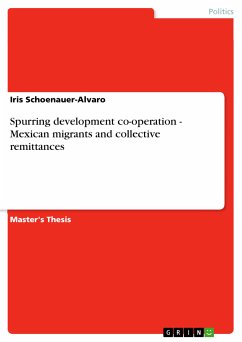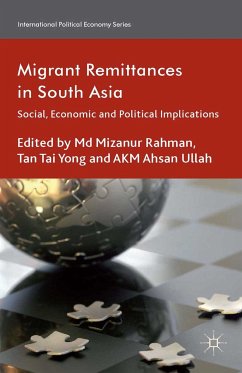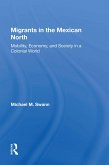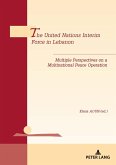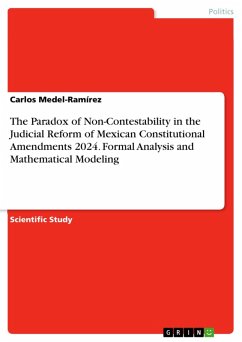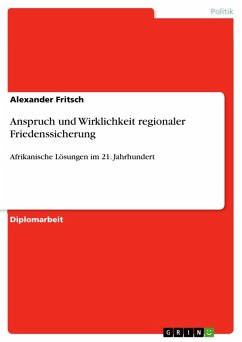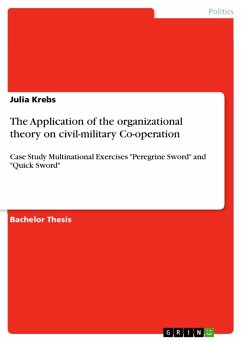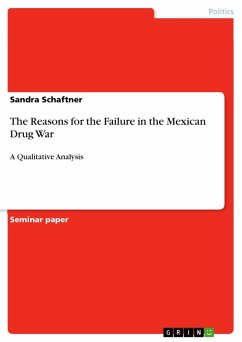Master's Thesis from the year 2003 in the subject Politics - Region: Middle and South America, grade: Honours, Dublin City University, language: English, abstract: In times of rising inequality levels coupled with the fact that many governments of the developing world fail to provide even the most basic public services to their citizens and that neither aid nor trade have so far succeeded in spreading wealth more evenly across the globe, complementary innovative approaches need to be devised that benefit ordinary people. A myriad of root causes have resulted in ever-increasing international migration and, thus, in rising flows of remittances, which have already overtaken the worldwide amount of official development assistance. Whereas family remittances tend to be part of the recipient's survival strategy, collective remittances may aim at regional development. Yet not only due to their rather modest share of total remittances but also because of the complexities of regional development itself, collective remittances will certainly not be a "magic wand". They may, however, make a potentially far-reaching contribution both with regard to low-scale development and popular participation. This dissertation explores so-called "fund-matching schemes" in which the Mexican government provides additional financial resources for each dollar remitted by migrants as collective remittances. The increased pool of resources enables the implementation of a larger number of projects or of more resource-intense projects for which the improvement of the local infrastructure and human development are currently prioritised. Furthermore, an interesting co-operation between migrants and the state emerges, which - although it shows some remnants of a traditionally authoritarian regime and isolated little cooperative attitudes among migrants - may positively influence Mexico's political culture in the long run... if handled constructively.
Dieser Download kann aus rechtlichen Gründen nur mit Rechnungsadresse in A, B, BG, CY, CZ, D, DK, EW, E, FIN, F, GR, HR, H, IRL, I, LT, L, LR, M, NL, PL, P, R, S, SLO, SK ausgeliefert werden.

